Drug Supply
The offence of Supplying a prohibited drug is found in section 25 of the Drug Misuse and Trafficking Act 1985 (NSW) which deems a person guilty if they supplied or knowingly takes part in supply of prohibited drug.
You could be charged with Supplying a prohibited drug if you are:
With a certain quantity of a prohibited drug
Selling a quantity of a prohibited drug
Intend to or have made an agreement to supply a quantity of a prohibited drug.
What must the prosecution prove?
Since this offence is dealt with in the criminal jurisdiction, the burden of proof for establishing this offence rests solely with the Prosecution.
The prosecution must prove the following beyond reasonable doubt:
That you supplied, or knowingly took part in the supply of a prohibited drug.
What Drugs are Illegal to Possess?
Cannabis
Ecstasy
Amphetamines
Cocaine
Heroin
LSD
What are the maximum penalties for this offence?
The maximum penalties for supplying a prohibited in NSW drug are:
If the prohibited drug is a small quantity that is less than the traffickable amount, the maximum penalty is a fine of $5,500.00 and/or 2 years imprisonment.
If the prohibited drug is more than the traffickable amount but less than the indictable amount, the maximum penalty is a fine of $11,000.00 and/or 2 years imprisonment.
If the prohibited drug is an indictable amount, the maximum penalty is a fine of $220,000.00 and/or 15 years imprisonment. If the prohibited drug is cannabis, then the maximum penalty is a fine of $220,000.00 and/or 10 years imprisonment.
If the prohibited drug is a commercial quantity, the maximum penalty is a fine of $385,000.00 and/or 20 years imprisonment. If the prohibited drug is cannabis, then the maximum penalty is a fine of $220,000.00 and/or 15 years imprisonment.
What Actions Constitute Supplying a Prohibited Drug in NSW?
The definition of ‘supply’ under the Drug Misuse and Trafficking Act in New South Wales (NSW) is extensive. It includes actions such as selling, distributing, agreeing to supply, offering to supply, possessing for supply, sending, forwarding, delivering, receiving for supply, or authorizing, directing, causing, allowing, or attempting any of these actions.
A person can be charged with supplying a drug if they are involved in any part of the supply process. Money exchange is not necessary for a supply offence; involvement in any aspect of the supply process is sufficient. A person can be charged if they possess prohibited drugs with the intention to supply in the future. Similarly, an offer or agreement to supply prohibited drugs is enough to establish a supply charge.
“Social supply,” such as giving or sharing drugs with others, also constitutes supply. Additionally, possession of a trafficable quantity of a drug presumes intent to supply.
Possible Defences to Drug Supply Charges in NSW
Defences to a charge of supplying a prohibited drug in NSW include:
- Being licensed or authorized to supply the drug under the Poisons and Therapeutic Goods Act 1966.
- Acting under the authority granted by the Secretary of the Department of Health for purposes like scientific research, instruction, analysis, or study.
- Acting according to a direction given by the Commissioner of Police under section 39RA.
Jurisdiction in NSW for Drug Supply Charges
The court that will hear your matter depends on the quantity of the drug supplied:
- If the amount exceeds a commercial quantity, the offence is strictly indictable and cannot be finalized in the Local Court.
- If the amount does not exceed a commercial quantity, it is a Table 1 offence, allowing either the DPP or the accused to elect to have the matter dealt with in the District Court. If no election is made, the matter will be finalized in the Local Court.
- If the amount does not exceed a small quantity, it is a Table 2 offence, allowing the DPP to elect to have the matter dealt with in the District Court. If no election is made, it will be dealt with in the Local Court.
Consequences of a Conviction for Supplying a Prohibited Drug in NSW
The consequences of a conviction for a drug supply offence in NSW can be severe. It may jeopardize employment opportunities, restrict overseas travel, and disqualify individuals from certain careers, such as teaching and various government positions.
It is crucial to seek legal advice early to understand the consequences of a conviction and explore possible defences.
Protect Your Future with Expert Legal Representation in NSW
If you’re facing charges for supplying a prohibited drug, contact Barsha Defence Lawyers at 0474 708 070 or fill out our online contact form to schedule your free consultation. Our experienced team is dedicated to providing the best legal representation and securing the best outcome for your case. Don’t wait—get the expert legal help you need today!
